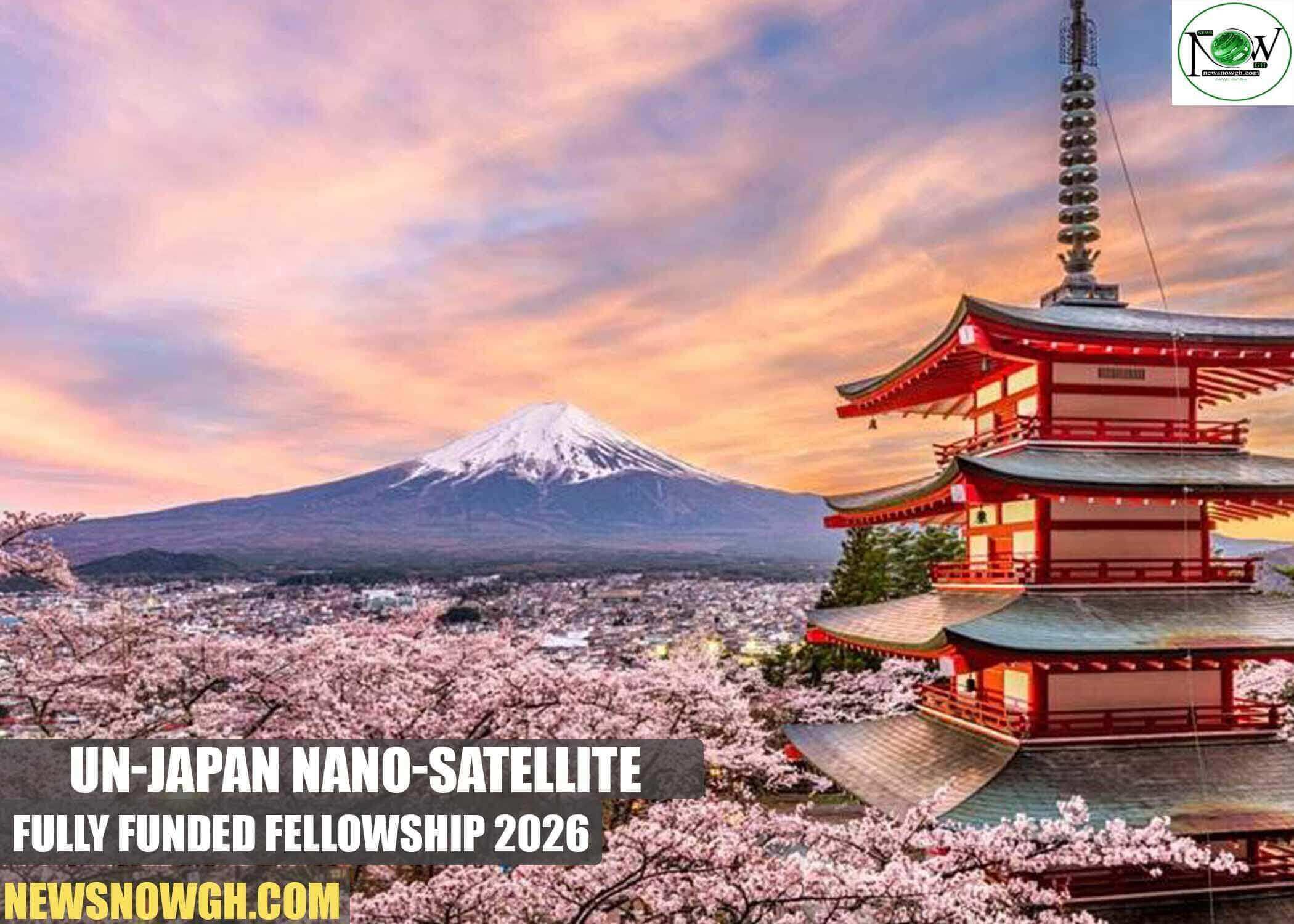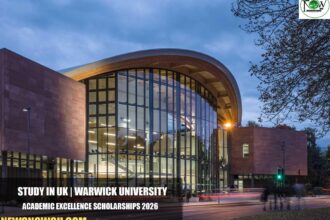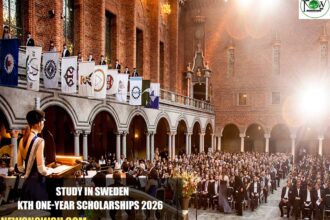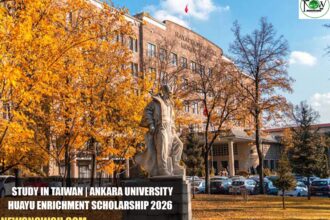UN-Japan Nano-Satellite Fully Funded Fellowship 2026
A transformative opportunity is now available for students from developing or non-space-faring nations to pursue advanced studies in satellite technology. The United Nations Office for Outer Space Affairs, in partnership with the Government of Japan and Kyushu Institute of Technology, invites applications for the 2026 Post-Graduate Study on Nano-Satellite Technologies (PNST) Fellowship Programme. This initiative enables talented individuals to gain specialized expertise in nano-satellite systems and contribute to their home countries’ space capabilities.
Scholarship Details
- Host: United Nations Office for Outer Space Affairs (UNOOSA) & Japanese Government
- Institute: Kyushu Institute of Technology (Kyutech)
- Program Level: Master’s or Doctoral
- Benefits: Full Scholarship + Stipend
- Deadline: 30 November 2025
Program Overview
The PNST Fellowship represents a strategic investment in global space capacity building. Selected candidates will enroll in Kyutech’s Space Engineering International Course, where they will pursue either a two-year Master’s or three-year Doctoral degree. The program combines rigorous academic training with practical experience using Japan’s advanced satellite development facilities. This unique approach ensures graduates return home equipped with both theoretical knowledge and hands-on technical skills.
Scholarship Benefits
The program provides comprehensive financial support through the prestigious MEXT Scholarship:
- Full coverage of tuition, entrance, and registration fees
- Monthly living allowance of approximately 144,000 JPY
- Round-trip economy airfare between the home country and Japan
- Access to cutting-edge satellite testing laboratories and research facilities
- Professional mentorship from leading space technology experts
Eligibility Requirements
This opportunity specifically targets passionate individuals from non-space-faring or developing countries who demonstrate outstanding academic potential. Applicants should possess a strong background in engineering or related technical fields, with a clear vision for applying their knowledge to advance space technology in their home nations.
How to Apply
The application process requires:
- Online registration through the official PNST portal
- Submission of completed application forms and supporting documents
- Demonstration of academic excellence and research potential
- Clear articulation of how the fellowship will contribute to home country development
Candidates experiencing technical difficulties with Microsoft services may coordinate their applications via email at pnst.space@mail.kyutech.jp.
Why Apply?
This fellowship extends far beyond academic qualifications. Participants join an exclusive network of space technology specialists working to address global challenges through satellite applications. Graduates emerge as national assets capable of establishing and leading space programs, fostering technological innovation, and inspiring future generations of engineers.
The program opens on 20 August 2025 and accepts applications until 30 November 2025 (23:59 Japan Standard Time). This represents an unparalleled opportunity to access world-class education while building capabilities that can transform a nation’s technological landscape.
If you aspire to lead space innovation and drive technological progress in your home country, this fellowship provides the perfect launchpad for your ambitions. Prepare your application and take the first step toward becoming a catalyst for space technology development in emerging nations.
RECOMMENDED
- Study in USA | University of South Carolina Scholarships 2026
- Study in Qatar | Hamad Bin Khalifa University 2026 Scholarships
- Study in Turkey | Türkiye Başarı Burs Programı 2026
- Study in China | USTC International Winter Camp 2026
- Study in UK | University of Cambridge Herchel Smith Postdoctoral Fellowships 2026
- Study in UK | Oxford University MSc African Studies Scholarships 2026-27
- Study in China | Chinese Government Scholarship Fully Funded 2026 at Nanjing University









